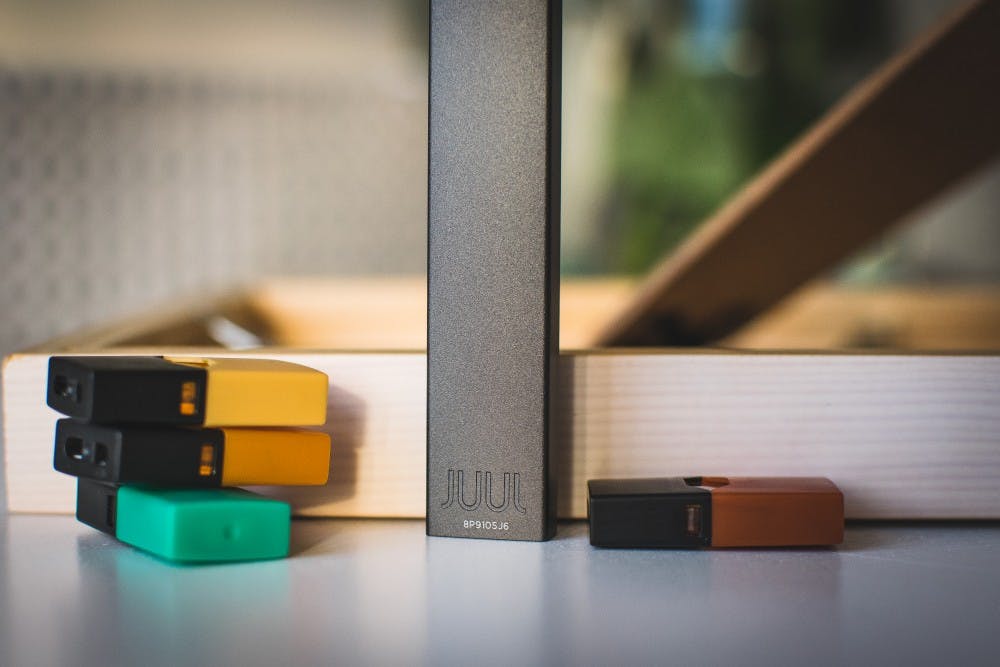A Penn Medicine study has recently found that teens are more likely to become regular vape users if their first time vaping included using a flavored product, Philly Voice reported.
In the study, published in the journal Drug and Alcohol Dependence, the researchers surveyed high school students outside Philadelphia four separate times over two years about their use of e-cigarettes. Out of 1835 students, about 350 said they had used an e-cigarette before, and most of them reported using flavored products their first time. Participants who initially used flavored products were more likely to report vaping within the last 30 days, and they also tended to use e-cigarettes more frequently each month.
In 2018, almost 21 percent of high school students vaped and about 4.9 million American youth used tobacco products, according to the CDC. Philly Voice reported that 450 people have developed severe lung disease that may be tied to vaping. On September 10, the Kansas Department of Health and Environment reported the sixth American to have died from a lung disease related to vaping. Following these events, the Trump administration announced on September 11 that it plan to ban flavored e-cigarette products on a federal level.
Janet Audrain-McGovern, Psychiatry professor and lead researcher of the study, said the team expected the results.
"We weren't surprised by the finding," she told Philly Voice. "It's what we, as researchers, would have expected given the number of adolescents that use e-cigarettes and the popularity of flavoring."
Audrain-McGovern added that fun flavor names such as "Fruit Loops" and "Unicorn" may lead teenagers to believe that e-cigarettes are not as dangerous as they are. She also said flavoring may decrease the irritation when breathing in the vapor.
"If it's less aversive for you to use, you're more likely to use it again," Audrain-McGovern said.
Daniel Rodriguez, a professor of public health at La Salle University, worked with Audrain-McGovern on the study. At Penn, they were joined by Clinical Research Assistant Stephen Pianin and Clinical Research Coordinator Emily Alexander.









